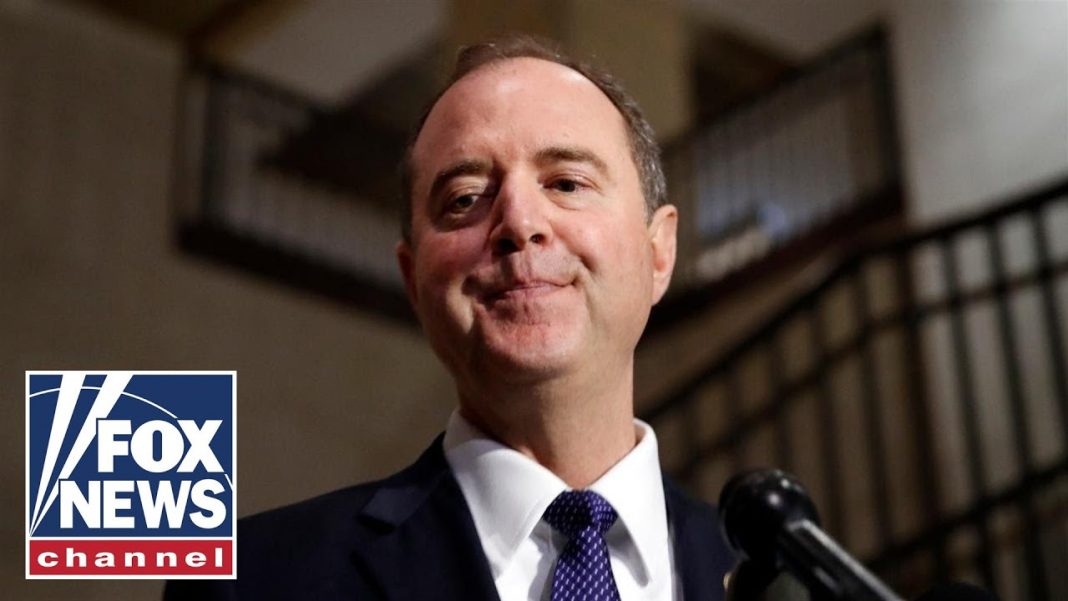Introduction
When the COVID-19 pandemic subsides, hopefully sooner rather than later, the economic devastation left in its wake will preoccupy governments worldwide for months to come. Beijing will present itself as a partner for economic recovery. Already, China is working to burnish its image by providing medical assistance to countries stricken by coronavirus.1
Yet, just as Chinese medical equipment has often been faulty, its approach to economic recovery may come with waste, fraud, and political manipulation.2 Until now, these risks have not dissuaded potential partners, who hope to tap into the more than tenfold expansion of the Chinese economy over the past three decades.3 But the tide may be turning. A close examination of China’s Belt and Road Initiative (BRI) – its flagship program for external investment – suggests that Beijing’s partners may become saddled with expensive but under-utilized infrastructure, massive debt, and political instability.
The purpose of the BRI is to leverage the perceived success of the Chinese economic model to spread Beijing’s opaque, authoritarian model of governance. The BRI is one of the soft-power tools Beijing wields for global engagement and the projection of power abroad.
In the South China Sea, Beijing has asserted its interests via force, generating a backlash from its neighbors.4 In contrast, the BRI has faced little resistance. Launched in 2013, the BRI is a trillion-dollar network of projects aimed at building land, sea, digital, and economic infrastructure across more than 100 countries in Asia, Africa, the Middle East, Europe, and Latin America.5 The BRI, now enshrined in China’s constitution as an initiative of lasting importance, could help close the global infrastructure gap, providing much needed ports, railways, bridges, roads, and other critical infrastructure capacity throughout the developing world. It can transform lives and economies.
The BRI is not likely to fulfill this lofty vision. China is not only exporting steel and concrete, but also corruption, opacity, and waste. These features are not incidental side effects of working in countries where graft is already endemic, but rather an upside for China. Beijing maintains a policy of “non-interference” in foreign lands, and it has never been committed to its own transparency. Through the BRI, China has been pumping billions of dollars into knowingly corrupt regimes, making scandals inevitable.
As this report explains, Chinese-driven corruption now permeates high-profile BRI projects. For now, there is little risk for Beijing. Chinese influence is still near its high-water mark (despite increasing scrutiny of China’s pandemic response), and BRI recipients may be even more dependent on Beijing as they grapple with postpandemic economic recovery. However, the eventual exposure of systemic corruption, paired with a lack of accountability, is bound to generate a public backlash. This could present a strategic opportunity for the United States to reassert its leadership and promote a more sustainable model of infrastructure development.
Detailed case studies of BRI projects in Malaysia and Kenya demonstrate the consequences of China’s failure to engage in open and transparent conduct. In Malaysia, massive BRI corruption has not only generated significant anti-Chinese sentiment, but also led to the ouster of the incumbent prime minister and his political party – something unprecedented in Malaysia’s six-plus decades of independence. Kenya, meanwhile, is prosecuting Kenyan and Chinese officials and facing unmanageable debt resulting from a railway project that went massively over budget and was never completed. This calamity was the result of implausible expectations, opaque contracts, and a closed bidding process.
In Washington, one school of thought posits that the BRI is designed to lay “debt traps,” which shackle China’s partners or allow Beijing to seize strategic assets abroad as compensation for defaulted loans and contracts.6 From this perspective, corruption and waste are effective tools for Beijing, since they amplify debt while reducing the borrower’s ability to repay. However, the evidence largely does not support this theory. Advocates of the debttrap theory often cite the example of Sri Lanka, which surrendered a strategic port to Beijing in lieu of paying its debts. But a closer examination reveals that Sri Lanka was a fiasco for Beijing. Voters kicked local Chinese allies out of office; the infrastructure turned out to be useless; and China’s global image suffered accordingly.
Beijing pledged a new “Clean BRI” in 2019. But it is still unclear what concrete steps Beijing is prepared to take to truly eradicate corruption in its foreign dealings.
For Washington, where a bipartisan consensus is emerging about the dangers posed by a more powerful China,7 this presents an opportunity. The United States can pursue a more responsible approach to foreign investment, thereby enhancing U.S. leadership and promoting more transparent and open governance norms in global infrastructure development.
To seize the opportunity, the United States must reassert leadership in its own infrastructure investments abroad, emphasizing open, inclusive, and transparent governance and execution of projects. This is already happening. The 2018 passage of the BUILD Act, with strong bipartisan support, reflected a growing consensus in Washington that the United States must hone its foreign-investment strategy.8 The Act authorized the establishment of the U.S. International Development Finance Corporation (DFC). The DFC can effectuate stronger governance models through new investments with private sector engagement. Of course, the DFC alone cannot transform the governance of foreign investment in developing nations. But it can help set the standard for systemic reforms.
Looking ahead, the United States must tend to its own troubled efforts to grapple with the corruption of foreign partners. Washington has certainly not welcomed opacity and graft as a means of cultivating relationships, yet it has often resigned itself to their prevalence. U.S. investments in Iraq and Afghanistan, for example, have empowered kleptocrats, undermined stability, and worked against the development of robust governance and institutions.
Corruption is often viewed as a problem too big to solve, but it is possible to find pathways for change. Providing transparent alternatives to BRI is an opportunity to move the needle. Setting an example for clean infrastructure can also provide support to other anti-corruption reform efforts, both within BRI recipient countries and beyond.
By Elaine K. Dezenski, CEFP Senior Advisor
Read Original Report on FDD.org








